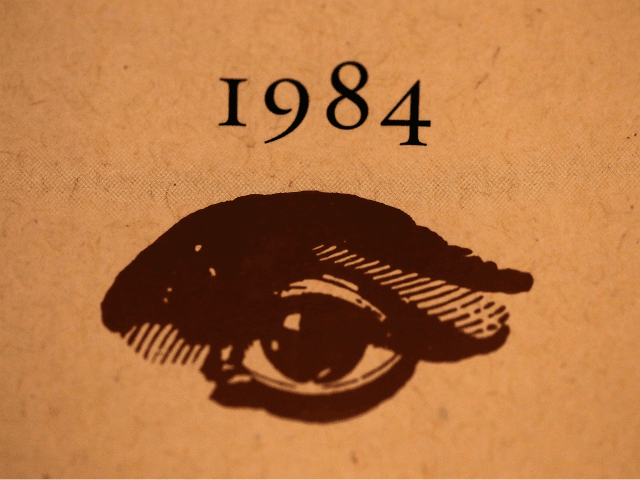British citizens will be told that to accelerate the end of the lockdown, millions will need to download a contact tracing app which has raised concerns about privacy and a massive potential expansion of government surveillance.
The experimental app was made available to National Health Service (NHS) workers on the Isle of Wight on Monday and will begin testing on the 140,000 residents of the island on Thursday. The software will be released to the general public later this month alongside a massive government campaign that will urge citizens to download the app.
Health Secretary Matt Hancock said that the app would contain “high privacy” functions and urged the citizens of the Isle of Wight to download the app “to protect the NHS and save lives”.
“I know that the people of the Isle of Wight will embrace this with enthusiasm because by embarking on this project and embracing test, track and trace, you will be saving lives,” Hancock said in comments reported by The Times.
The app was developed by NHSX (the digital arm of the country’s socialised medical system) alongside the GCHQ intelligence agency. The app will store user data on centralised government servers rather than taking the decentralised approach advocated by Apple and Google, which are also developing a contact tracing app for other countries. Other nations in Europe including Germany, Switzerland, Estonia, Austria, and the Republic of Ireland have all opted for a decentralised system of contact tracing, in which data is stored locally on a user’s device, not sent to a central or government server.
The CEO of NHSX, Matthew Gould, said: “We’re balancing privacy with the need for the public health authorities to get insight into what contacts are more risky.” He added: “It was our view that a centralised approach gave us some very important data that gives serious insight into the virus. We will keep it under constant review and if we need to change, we will.”
Medical Surveillance State: France has become the first country in the world to openly call on Big Tech giants to remove privacy protections during the Chinese coronavirus pandemic. https://t.co/u2g6gXjI9y
— Breitbart News (@BreitbartNews) April 23, 2020
A group of leading privacy advocates in the UK called into question the government’s centralised approach, writing in an open letter: “It is vital that, when we come out of the current crisis, we have not created a tool that enables data collection on the population, or on targeted sections of society, for surveillance.”
The director of Amnesty International UK, Kate Allen, said that the government should adopt the decentralised system. Ms Allen said: “We’re extremely concerned that the government may be planning to route private data through a central database, opening the door to pervasive state surveillance and privacy infringement, with potentially discriminatory effects.”
Conservative MP Marcus Fysh echoed this call, saying that “We are not a people who take well to surveillance.”
Matrix Chambers, a group of barristers in London, has also warned that the app may violate legal requirements on the sharing of public health data and has called on the government to clarify the legal status of the app.
The government is also working with tech companies to develop a so-called immunity passport. The firm Onfido has said that it will be able to launch a system in the coming months, which it describes as the “linchpin of the new normality”, according to The Guardian.
The system would require citizens to take a selfie with a form of government identification, creating a digital identity that would be tethered to test results for coronavirus provided by the NHS. The digital ID would create a QR code that would be scanned when entering a workplace and possibly other public spaces.
Your Papers, Please: UK Govt Considering Immunity Passports to Escape Coronavirus Lockdown https://t.co/0yOhGf0gTb
— Breitbart London (@BreitbartLondon) April 3, 2020
Follow Kurt on Twitter at @KurtZindulka

COMMENTS
Please let us know if you're having issues with commenting.